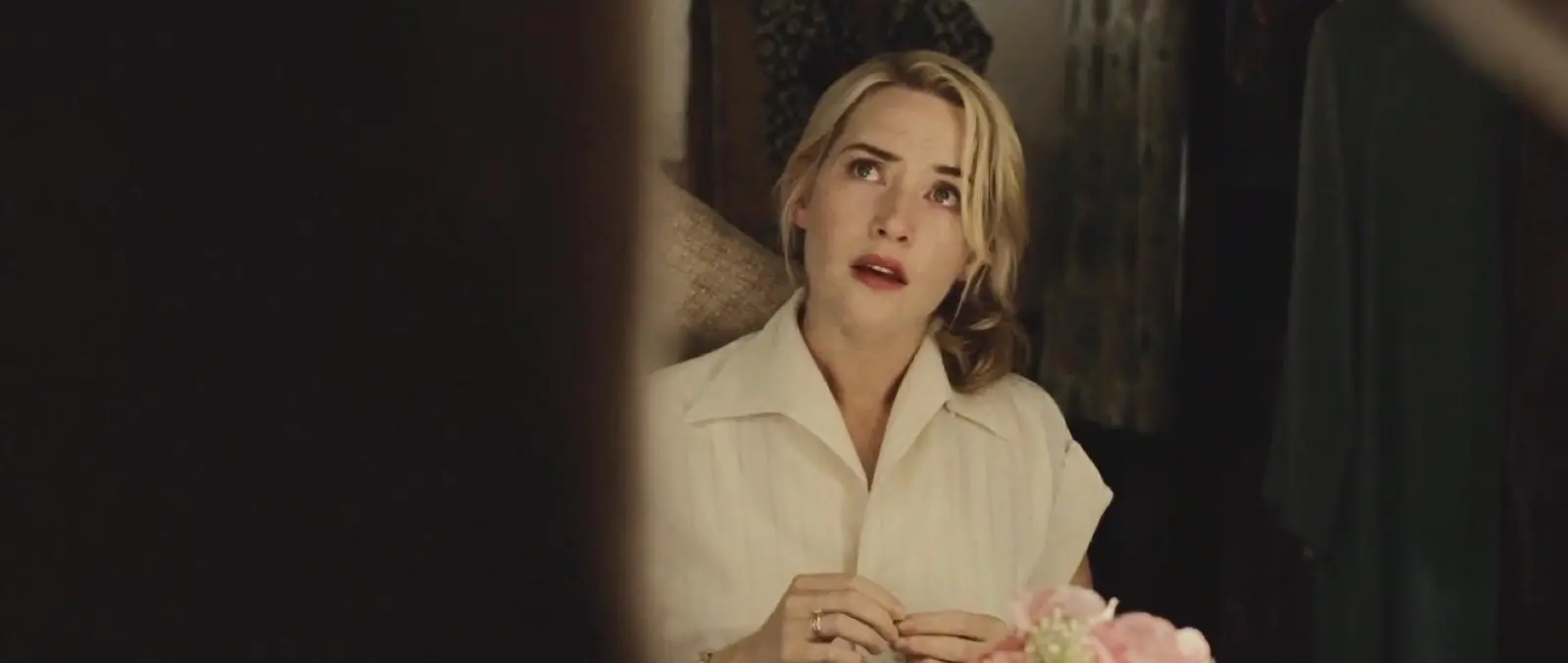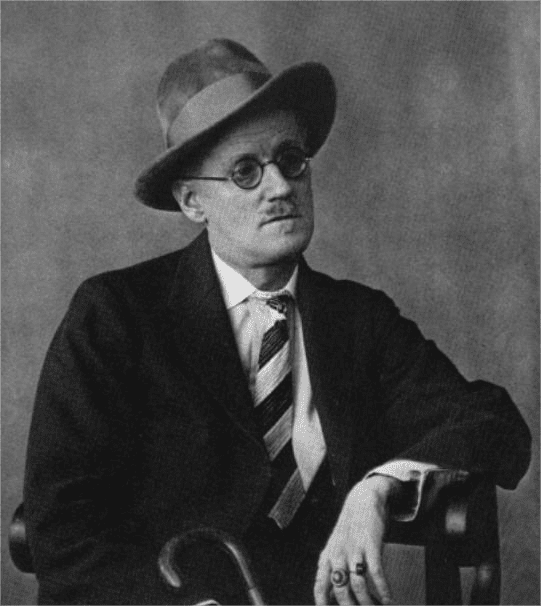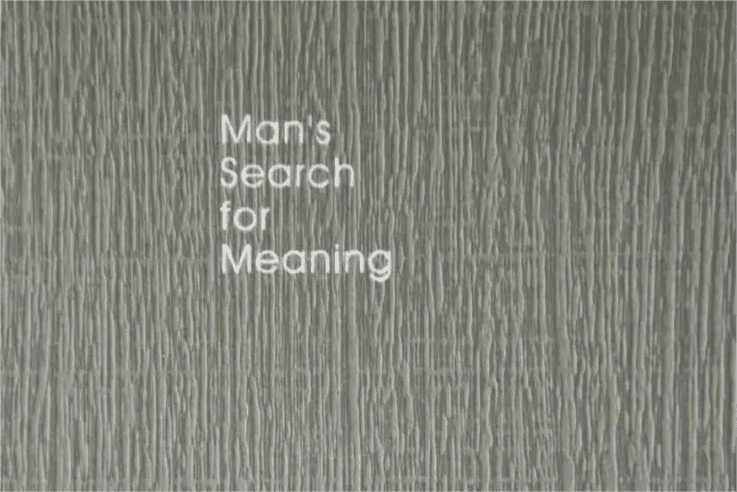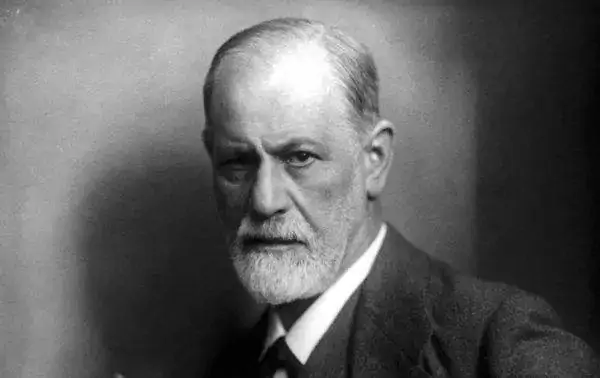In 2008, 11 years after the release of Titanic, Leonardo and Winslet reappeared as lovers in Revolutionary Road.
But by this time, Leo had become a frustrated 30-year-old employee of a big company, while Winslet became a sensitive and anxious housewife. They all have to face a life full of bits and pieces.
Many people say that “Revolutionary Road” is a continuation of “Titanic,” is the vigorous love evolved into a bland marriage after the truth of life.
But if you ask me, the seven-year itch and “marriage is the grave of love” are not the core themes of Revolutionary Road. The film adaptations have also lost much of the essence of the original novels.
Today we talk about the novel Revolutionary Road.
Revolutionary Road is the debut novel of American novelist Richard Yates. It is the most widely known work of Yates. In the year of its publication, it won high praise and was a finalist for the National Book Award.
I don’t know how many people have missed this novel because of its title. In fact, it has nothing to do with the revolution of shedding one’s head and spilling blood.
The story takes place in the 1950s in the United States. It was the bleakest time in American history, and the spiritual emptiness of post-World War II youth mingled with the dullness of life to an unprecedented degree. With McCarthyism in full swing, the whole society moved toward middle-class, secure, joyless values.
The story tells the story of the “life built on quicksand” of the middle class in such an era, and the story of a middle-class couple living in the “Revolutionary Villa” who tried to escape this life but failed.
Many readers have found resonance in “Revolutionary Road,” a bleak and empty life and a struggle to escape that seems to reflect the hearts of many in these anxious times.
But I would say that many people probably missed the irony of the author, who portrayed the dull, boring middle life as an outsider, and made Frank and his wife as heroes rebelling against mediocrity; But then, he deconstructs the meaning and value of the protagonist’s “escape”, reducing their efforts to a ridiculous and pathetic farce.
In the end, the story leaves the reader with an unanswerable question: How on earth are we supposed to live an increasingly mediocre, empty, sinking life? Should you run away? Accept it? Or is there another option?
01, the middle life on the quicksand
Quicksand, a natural phenomenon, often appears in the unstable foundation of the desert, once people trapped in it, often unable to extricate themselves, the companion can only helplessly watch the trapped people instantly swallowed by the sand.
The middle life in the novel is described as “built on quicksand”, because it has several characteristics: first, the life seems bright, but its base is extremely barren, barren, empty, strong outside and dry inside; Second, quicksand devouring power is strong, once trapped in it, it is often difficult to escape, want to struggle, but more and more deep.
Frank and April are a pair of characters who live in a suburb of New York City called Revolution Heights.
They are an endearing pair of handsome men and women, with good looks and good manners, who win the hearts of neighbors and colleagues. Frank has a good sense of humor. He is always the center of conversation at parties. When he is with the ladies, he always makes them laugh with his witty remarks. April is a blonde beauty. She is tall and graceful. She has good manners and manners.
To outsiders, they were a young, up-and-coming couple. But when Yates’s brush moves into their private lives, into their savagely grown hearts, we find that this is not really the case.
Frank, on the surface of the precocious, in the heart of New York City to do a great job, but in fact is dissatisfied with the reality, feeling superior to the “angry youth”.
He sees work as “the most boring job one can think of”, the country has fallen into a hopeless void and the neighbours are idiots corrupted by false romance.
He is also a master of hooking up with women. He likes to have fun with easy to hook up with female colleagues and seems to want to vent his dissatisfaction with life in this way. After a fight with his wife, he easily turns the receptionist into a short-term hookup.
In April, the misfortune of her family made her sensitive and sad. The first time she met Frank, she was attracted by his beautiful appearance and humorous personality, and rushed into marriage. After seven years of marriage, she was tired of her role as a housewife and the emptiness of her middle life. She wanted to shake things up and recover the ideals they had thrown away.
At this point, you may wonder, how bad is the middle-class life that Frank and his wife hate, that makes them want to escape it like a monster that bites people?
Yates, the author of the novel, reveals the essence of the middle life that everyone was so interested in at that time through Frank’s words. This brutal dissection of ordinary life, a magnifying glass of middle-class boredom and desolation, is what makes Yates so amazing. He tore apart the FIG leaf of middle life to reveal the emptiness of real life under the cover of names such as consumerism, hedonism and mediocre philosophy.
People’s minds and spirits are fitted with pacifiers, and all thoughts and feelings are reduced to easily digestible baby food. The romantic feeling that there is always an easy way out is rooted in everyone’s view of life.
People seek stability and the so-called security of life, in order to make a living, in order to settle the family into a bigger house, do the work they don’t like; Or use busy work to bury themselves, against the pressure of life, hide the truth of life. If they are too unhappy, they can romanticize their unhappy lives with the ambiguous lighting of the humble bar, the exaggerated noise and the alcohol.
Mr. And Mrs. Frank, living in the “Revolutionary Villa”, had a routine “middle class socializing” every week: They met in the same family, and in the company of beer and coffee, they looked for appropriate topics to avoid the cold silence. They talked about the national situation and the “national character” and satirized the common “mediocre philosophy of nonsense” in the society. Finally, they would feel relieved for the consensus they reached: They are painfully, truly alive in a culture that is dying.
02. All he needed was an escape plan, not an escape
April was the first to find out that she couldn’t get by. She wanted more than basic material affluence and security. She wanted something more, something like ideals, meaning, her true self.
Condescends to a part-time clerical job and the status of housewife, she is seduced by Frank’s eloquence and finds the current life so mediocre and unbearable. With an “all or nothing” view of life, she is not willing to complain and endure at the same time, and only wants to pursue a purer state of life.
At the same time, she fell into the blind worship of Frank, wishful thinking to save him, pull him out of the mire of life.
So she came up with an “escape plan” — to escape New York and go to Paris.
Obviously, in April’s mind, Paris has a mysterious and romantic veil. Different from the mediocre, conservative and empty life in New York, the life in Paris is full of passion and dreams, and there they can find their true self.
At first, Frank was afraid to go along with the plan.
The reason for his withdrawal was related to his inner cowardice — he was a giant in thought and a dwarf in action, and he attacked society most fiercely, but no matter how much he complained and discontented, he never really wanted to change the status quo. He was not only timid, he lacked confidence in his own abilities.
However, April’s idolatry of him gives him confidence.
He really thought he was an exceptional person with a brilliant mind after being complimented by April. Encouraged by April, he suddenly gained the illusion of mysterious confidence and omnipotence from the fear of change and fear. He was convinced and really agreed with the plan.
For a week or two, they live under the illusion that their dream has come true and see the people around them differently. They feel like the lucky ones who have escaped the misery, and look on with mixed sympathy and pity at their neighbors and colleagues who are still squatting.
Boasting and a little diffidence, they told their neighbors, the Campbells, and colleagues about the plan. When the people around them cast envious and adoring eyes, their vanity is greatly satisfied, because they find themselves in other people’s impression is so different, is simply a hero.
But then their plan faced an unexpected challenge:
Frank was promoted by his boss. If he insisted on resigning to go to Paris, it would mean losing the opportunity of a lifetime.
— Another challenge: April is pregnant again. If they decide to have the baby, they will have to put their plans to move to Paris on hold for practical reasons.
At this stage, Frank’s subtle psychology is worth pondering:
When his boss invited him to join a brand new project, he scoffed at the offer in front of his wife, but on the other hand, he didn’t immediately tell his boss that he was quitting to move to Paris, leaving the door open for himself.
Then, he tried every means to obstruct April abort the child, seemingly for the sake of April, but actually want to use this head shelved the plan to move to Paris;
He often tried to deflate her plans by telling her about the greater rewards he would get from taking the new job and the better life they would lead.
He wavered, unable to resist the lure of a glamorous, middle-class life.
It may be that he never really wanted to escape mediocrity in the first place. All he needed was an escape plan, a to do list that would allow him to brag about his eccentricity to others without actually practicing it, and thus without risking rebellion and flight.
The novel tells Frank’s innermost thoughts through the mouth of his neighbor Mrs. Givens’ crazy son:
“I wouldn’t be surprised if you told me you got her pregnant on purpose so you could hide behind her maternity clothes for the rest of your life.”









